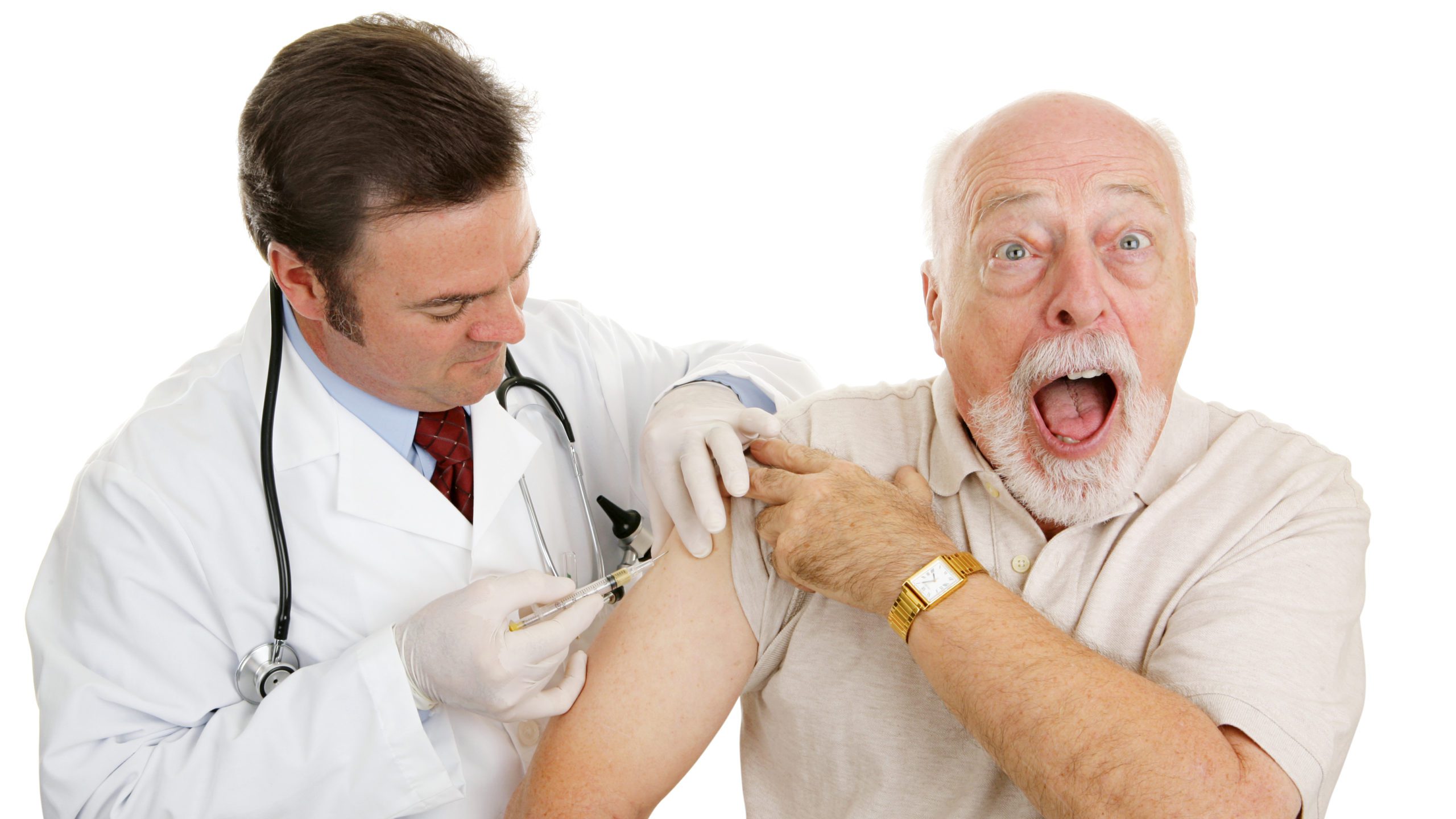The process of global immunization against COVID-19 progresses actively. As of May 30, 2021, 50.5% of the total U.S. population and 85.9% of people 65 years old and above got at least the first dose. At the same time, 40.7% of the total population and 74.8% of those 65 years and older are fully vaccinated. Maybe you already received your doses or still having doubts about getting them. Either way, you might need more information to be able to protect yourself and your loved ones. How do vaccines work? What vaccines are currently available in the U.S.? What to expect from the procedure? We are here to help you figure out all the important things you need to know about vaccination against COVID-19.
Let’s first understand how our body fights infection. There are two main types of the immune system: innate and adaptive. People are born with an innate immune system, which acts as a non-specific defense mechanism. It includes physical barriers, chemical defenses, physiological processes, and others. Basically, the innate immune system works to protect your organism from any infectious agent without distinguishing them. On the other hand, the adaptive immune system is acquired during the lifetime and is very specific. When an organism encounters a germ, such as a virus, for the first time, it starts slowly producing specific cells to fight that virus. At the same time, it also makes a relatively small amount of memory cells, which are saved for later. That is, the organism ‘learns’ how to protect itself against any particular agent. If you come into contact with that same germ again, your body already knows how to fight it and does it faster than the first time. However, just like any other type of information, this kind of ‘knowledge’ may get old and irrelevant. Some infectious agents mutate very fast, so our organism no longer can recognize it after some time. That is why we get a new flu vaccine every year.
How do vaccines ‘teach’ our organism to fight an infection? There are various types of vaccines, and their mechanisms might slightly differ. The thing they all have in common is that they all lead to the production of memory cells. Currently, two types of vaccines against COVID-19 are available in the U.S. The first type is mRNA vaccines such as Pfizer-BioNTech and Moderna. These vaccines contain genetic material (mRNA) from the virus that serves as instruction for our cells to make a protein unique to this virus. When our cells made copies of the protein, the genetic material from the vaccine is destroyed. The protein itself is harmless but is able to generate an immune response that will result in the production of memory cells. Another type is vector vaccine, such as Johnson & Johnson’s Janssen COVID-19 vaccine. In this case, a different harmless virus is used as a carrier of instructions to produce a protein unique to the virus causing COVID-19. And again, the protein triggers an immune response, and memory cells are produced. The carrier virus is called a vector and later is destroyed together with the genetic information of the virus that causes COVID-19.
Both types of vaccines are effective and safe. They ‘teach’ our body to fight the virus without actually encountering it. Even if you already had COVID-19, you still should get vaccinated. That is because experts do not yet know how long you are protected from getting sick again after recovering from COVID-19. The number of doses depends on which vaccine you receive. There are two doses for Pfizer-BioNTech and Moderna vaccines given three weeks and one month apart, respectively. Johnson & Johnson’s Jansen COVID-19 vaccine requires only one dose. Note that it typically takes two weeks after being fully vaccinated for the body to generate protection against the virus. Therefore, make sure to keep following safety guidelines during that period.
Even though the vaccines are safe, there might be some side effects, which are the organism’s normal response. These may include pain, redness, swelling on the arm where you got the shot, or other symptoms such as headache, tiredness, muscle pain, chills, fever, nausea. You can talk to your doctor about medications to relieve post-vaccination side effects. However, it is not recommended to take medicines before vaccination to prevent them. Remember that you should NOT get vaccinated if you have had a severe allergic reaction or an immediate allergic reaction to one of the components of the vaccine or the first dose of the mRNA vaccine.
If you still have any questions, you may refer to the Centers for Disease Control and Prevention website for the official information.
Source CDC
















Leave a Reply
You must be logged in to post a comment.